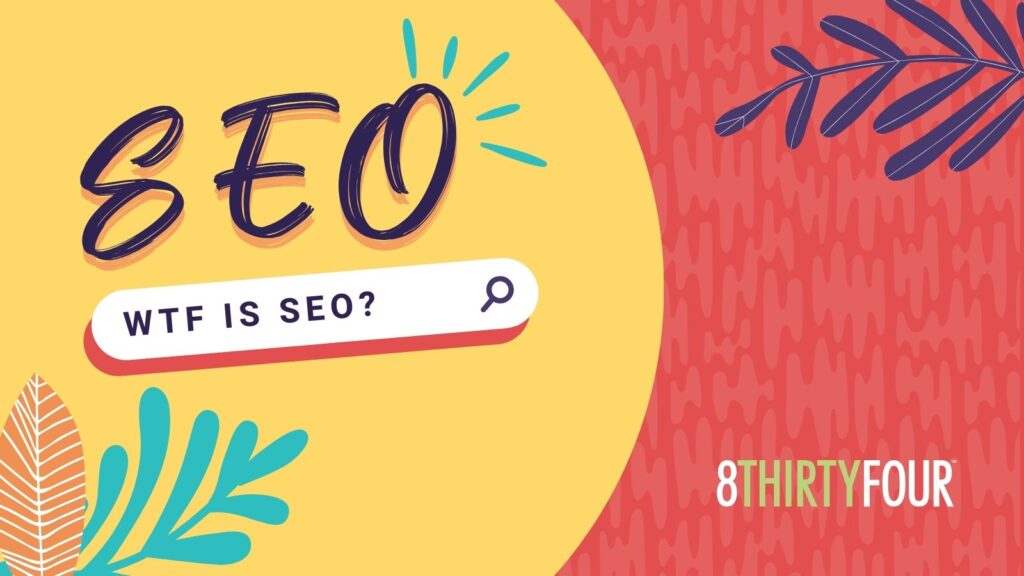Think about the last shitty article you read. We don’t know for sure, but we’re willing to bet it was one of those pieces that came across as overly entitled or, like, waaaaaay too detailed, right? Or maybe it had a ridiculous word count without really saying anything at all. Either way, you probably totally gave up on it before getting halfway through. If you ask us, that’s one of our biggest pet peeves: using jargon or buzz words in an effort to make it sound like you know what you’re talking about. Sure, there are times when you can’t get around it, but we promise you that buzzwords just make you sound like that—an annoying, buzzing in your readers’ ears. So, hey. Read this and get out your fly swatter. Why? Because you’re better than buzzwords.
FIND THE BUZZWORDS
Think of this step like being in a cool secret agent movie. There are a bunch of words around your office that seem like they’re working with you, but they’re actually working behind your back. How do you find them? Easy. Start listening to your coworkers and really reading the content you or your company is creating. You’ll start to notice a whole bunch of repetitive phrases. While some of those are just part of your culture, others aren’t.
Think about it like this: how would you talk to a child? You wouldn’t use a whole bunch of fancy phrases, because they wouldn’t make sense to a kid. Would you tell them you need to pivot on your current strategy so you can leverage other assets? No! You’d say, “We need to stop doing this and try something else.” So just say that. Using overly complicated language to explain something that your audience would otherwise understand is just rude. Stop doing it! Cater to your audience and instead of showboating that you know a bunch of cool words, communicate in a way your audience understands. It’s pretty f*cking simple.
CHOOSE YOUR WORDS CAREFULLY
When you rely on buzzwords to get your ideas across, you start to disappear into the background. Why? Because everyone uses buzzwords and half the time no one knows what you’re actually saying when you use them. Buzzwords are overused and cliché. Do yourself and your listeners a favor and stop using buzzwords whenever you can. Not only will it help you stand out, but it’ll force you to learn new words. When you do that, you expand your vocabulary, and create authentic relationships in the process.
A lot of people think buzzwords make them sound intelligent, but they really just make you seem a bit pretentious and as if you think you’re smarter than your audience. What’s that Einstein quote? “If you can’t explain it simply, you don’t understand it well enough.” When you start speaking frankly, you prove that you have nothing to hide. Stop pretending to be smart and actually be smart. Cool?
Need a team that can cut the buzzwords out of your branding? Look no further. Connect with us. We can’t wait to get to work.









